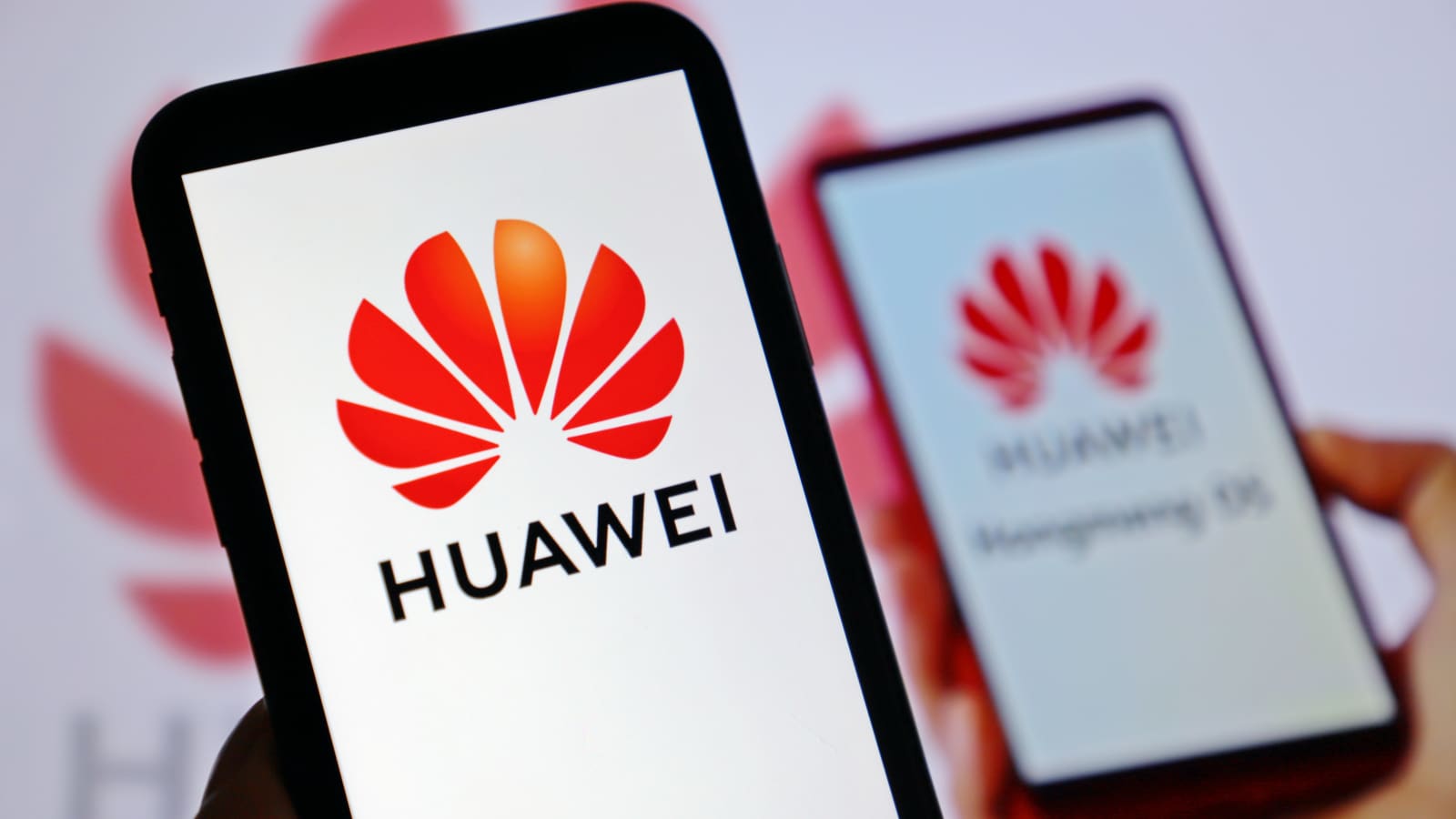With the world hurtling towards an increasingly digital future and the volume of information created, processed and stored rising by the day, Huawei Technologies is poised to deeply penetrate the data storage market with a new Data Management Engine (DME).
According to the Data Center Services Market Report, the global data centre services market was valued at $48.9 billion in 2020 and is expected to rise to $105.6 billion by 2026. The main growth drivers include the Next Normal in form of remote work, digitisation of existing processes, growing industrial sector using digital technologies, a rise in the number of SMEs adopting digital technologies, growing use of Over-the-Top (OTT) services, a new method of delivering film and television directly via the internet, without the need for traditional cable or satellite broadcasting and development of data-generating and data-hungry technologies, such as IoT or Machine Learning (ML).
Huawei East Africa Enterprise Business Group Marketing Manager Li Yimeng said in a statement that for all enterprises getting data where and when it is ultimately needed is crucial.
“As enterprises march into a future of rapid data growth and demanding storage requirements, they will need heterogeneous support of devices that deliver more than ten mainstream storage products collectively,” she said.
Huawei’s Data Management Engine is an intelligent storage management platform built to improve the operational efficiency of data centers by simplifying storage management, operations and maintenance.
Designed for a wide range of applications, the system automates storage throughout its entire lifecycle. Through the lifecycle of the storage system, there are a variety of reasons that might see data moved between different storage devices. Reasons range from ensuring that the data is available on the right system, having adequate data protection or for data backup, or aligning the expected service experience more closely with the optimal total cost of ownership (TCO).
Yimeng pointed out that the total stock of global data is expected to reach 180 zettabytes (ZB) by 2025, up from the 32ZB generated in 2020. This data growth trend, she noted, will accelerate as digital transformation initiatives speed up and data becomes the core means of production.
Banks for instance, she explained, are expected to generate and use far more information in the coming future.
“They have introduced online and mobile platforms to better serve their customers, delivering online banking services that rival the services of a physical bank branch. As the rapid rise and proliferation of online platforms continue unabated, the need to deploy new infrastructure to capitalize on this data and generate digital dividends is now more urgent than ever,” noted Yimeng.
Huawei is moving to solve the nascent challenges facing emerging data centers, including performance, energy consumption, the skyrocketing cost of power and internet outages, and complex operations and maintenance demands.
According to Yimeng most organizations recognize that to properly supporting data, they will be required to upgrade data storage systems and build in a new architecture that puts data at the core of the enterprise.


